Doing battle with landscape pests can cause gardeners unbounded frustration. Remembering that they are doing what comes naturally can help, but tolerance and understanding can only go so far where some pests are concerned.
Japanese beetles are small pests that carry a big threat. They do not discriminate on what types of plants to feed on, in fact, they are classified as a pest to hundreds of different plants. Japanese beetles are ½ inch in length and metallic blue-green with tan wings, with small white hairs lining each side of the abdomen. Their larva, which also damage plants, are 3/4 inch long, white in color and ‘C’ shaped. The adult beetles can easily destroy and eat just about any plant.
Japanese Beetles arrived in 1912 on imported Japanese iris bulbs and have been spreading ever since. They emerge from the soil in early July to feed, mate and lay eggs. Adults can live up to 45-60 days constantly feeding through late summer and early fall. Eggs are layed in July and August. Grubs hatch, feed and then go sleep into the soil in the winter. They pupate in the spring, feed and emerge as adults in June and July. Japanese beetles feed in masses and severely destroy any plant they feed on. Skeletonized leaves, damaged flowers, and defoliated trees are an indication you could have a Japanese beetle infestation.
There are multiple treatment options available including natural sprays and traps as well as beetle killer spray and granular grub control. The experts at Pahl’s are always available to assist and we carry a great selection of Bonide products to help combat all types of landscape pests.



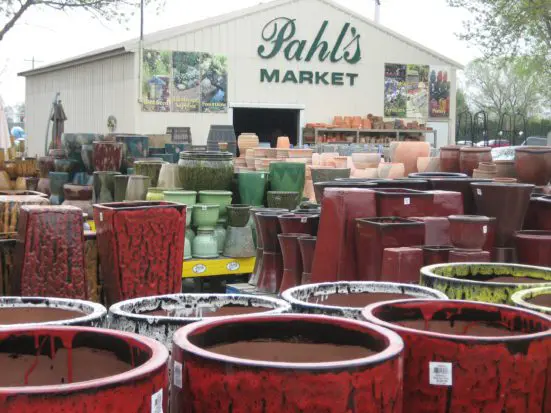








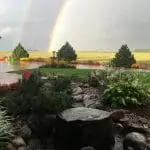


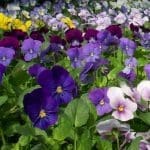

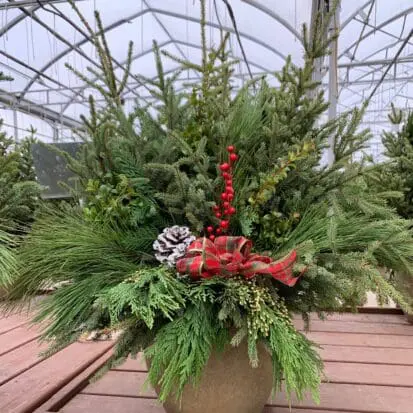

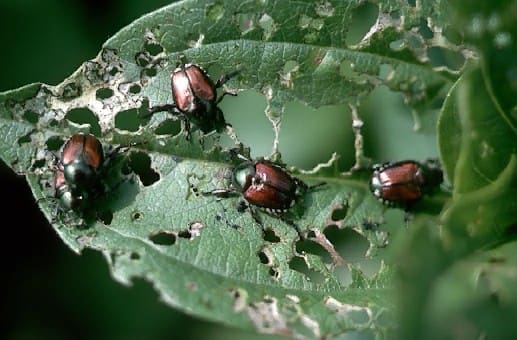
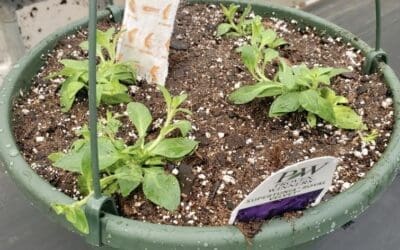


I have trapped many of these Beetles this year. About 6 bags of them so far but have kept them off my trees, etc.
At one time it was mentioned that you would have corn for sale at different locations. One was at the shopping area on Cliff and Old Cedar Rd. Across from Doolittles Restaurant.
Great news that you have been able to keep them off your trees, not everyone is having that luck! We have our fresh homegrown sweet corn available here at the market in Apple Valley everyday or you can also pick some up at the Von Hanson location on Cliff Road in Eagan. You might need to check with Von Hanson’s to make sure they have it available when you need it. Thanks for your note!
Do you recommend milky spores? Do you carry this product? Do you carry anything to treat voles?
We do not carry milky spores but it can be used to combat the Japanese beetle pest. We carry a granular repellent for voles called Molemax. Thanks for your questions!
Does the granular mix that kills the Japanese beetle also pose a risk to chipmunks,squirrels and or other wildlife?
It is possible that the granular grub beater is toxic to all animals and insects.
I have been infested with Japanese Beetles, they are eating all of my beautiful roses, leaves and everything in sight! I have been using Bonide products, spraying about once a week but then they are right back and eating everything. Should I be using this product more often? It seems that when I spray and hit a beetle it doesn’t faze them. Is there something wrong with my product or should I be using something else? The product I have is specifically for Japanese Beetles.
Thank you.
This is a tough pest to combat as they feed in masses. Likely you are doing all the correct things and we would recommend you continue to use a Japanese specific insecticide according to the instructions on the label.
Is there a beetle spray that is not harmful to pollinators?
We carry an organic beetle spray called Captain Jacks that has lower toxicity levels but if you are looking for a sure fire way of not harming pollinators you can use beetle traps or pluck off the beetles and place them in a bucket of soapy water.
These pests have destroyed one of our Aspen trees…will the tree be okay next year, assuming they stay away?
Thanks for your question Renee. If they have only eaten the leaves the Apsen trees should be OK next season, it should grow new leaves.
We have 2 apple saplings that they have chewed through. It seems to be mostly the leaves- maybe 30% of them? Will they cause permanent damage or is it just seasonal? Thank you!
Typically only seasonal damage. Thanks for your question!